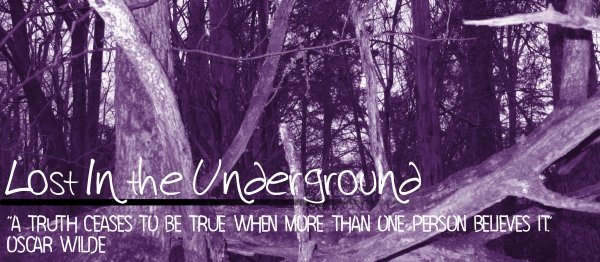Since I finished up the summer busy-work classes, I happily became free this weekend to return to reading things I'm actually interested in at a level of depth wherein I'm not scraping my knees repeated against the bottom of the pool.
So I tore through the rest of Theodore W. Jennings, Jr.'s, Jacob's Wound: Homoerotic Narrative in the Literature of Ancient Israel. It was tasty, tasty reading.
This man's writing style is freaking brilliant. He injects a healthy dose of humor into his arguments through creative turns of phrase and anachronistic adaptation of modern terminology. There are numerous passages in the book that make there point quite clearly but are also laugh out loud and get weird looks in the library funny. On a more somber note, there is also a repetition of a sort of sigh throughout the text, a repeated plea of "will we not, at least, consider this to be plausible?"
Jennings' main premise is that much of the narrative content of the Old Testament can be read in queer affirming ways, and has not been because the overwhelming emphasis placed on prohibitions of homosexuality in the law codes have blinded generations of readers to that possibility. The majority of the text is an elaboration on Jennings reading narratives in the Bible all of which are quite fascinating. And, while some venture into territory that is rather disturbing (one character trait of YHWH in certain narrative is "phallic aggression"), the vast majority if not all of Jennings readings are plausible, and frankly, some of the stories make much better sense with a homoerotic element. Lights snapped on inside my skull much as they did when I heard that feet is frequently used in the Bible as a euphemism for genitals, and what was going on with Ruth and Boaz suddenly made a heck of a lot more sense.
What's quite interesting to me is the discussion of homoeroticism as a facet of monotheism. YHWH's loner status causes him to interact almost exclusive with humans (in contrast with the Greek gods who interact with each other), and the androcentricism of the texts means that the object of YHWH's interaction is the male population of Israel. Since YHWH's interaction with humans is often of an erotic character (and I dare anyone who has read the prophets or Song of Songs to try and tell me it isn't) then these interactions will necessarily be homoerotic in character. This argument is particularly salient in Jennings discussion of the prophets and the "transgendering" of Israel in the prophetic books.
Anyway, fun book to read, quite interesting, and as best as I can tell, well-done.
Jennings' main premise is that much of the narrative content of the Old Testament can be read in queer affirming ways, and has not been because the overwhelming emphasis placed on prohibitions of homosexuality in the law codes have blinded generations of readers to that possibility. The majority of the text is an elaboration on Jennings reading narratives in the Bible all of which are quite fascinating. And, while some venture into territory that is rather disturbing (one character trait of YHWH in certain narrative is "phallic aggression"), the vast majority if not all of Jennings readings are plausible, and frankly, some of the stories make much better sense with a homoerotic element. Lights snapped on inside my skull much as they did when I heard that feet is frequently used in the Bible as a euphemism for genitals, and what was going on with Ruth and Boaz suddenly made a heck of a lot more sense.
What's quite interesting to me is the discussion of homoeroticism as a facet of monotheism. YHWH's loner status causes him to interact almost exclusive with humans (in contrast with the Greek gods who interact with each other), and the androcentricism of the texts means that the object of YHWH's interaction is the male population of Israel. Since YHWH's interaction with humans is often of an erotic character (and I dare anyone who has read the prophets or Song of Songs to try and tell me it isn't) then these interactions will necessarily be homoerotic in character. This argument is particularly salient in Jennings discussion of the prophets and the "transgendering" of Israel in the prophetic books.
Anyway, fun book to read, quite interesting, and as best as I can tell, well-done.


No comments:
Post a Comment